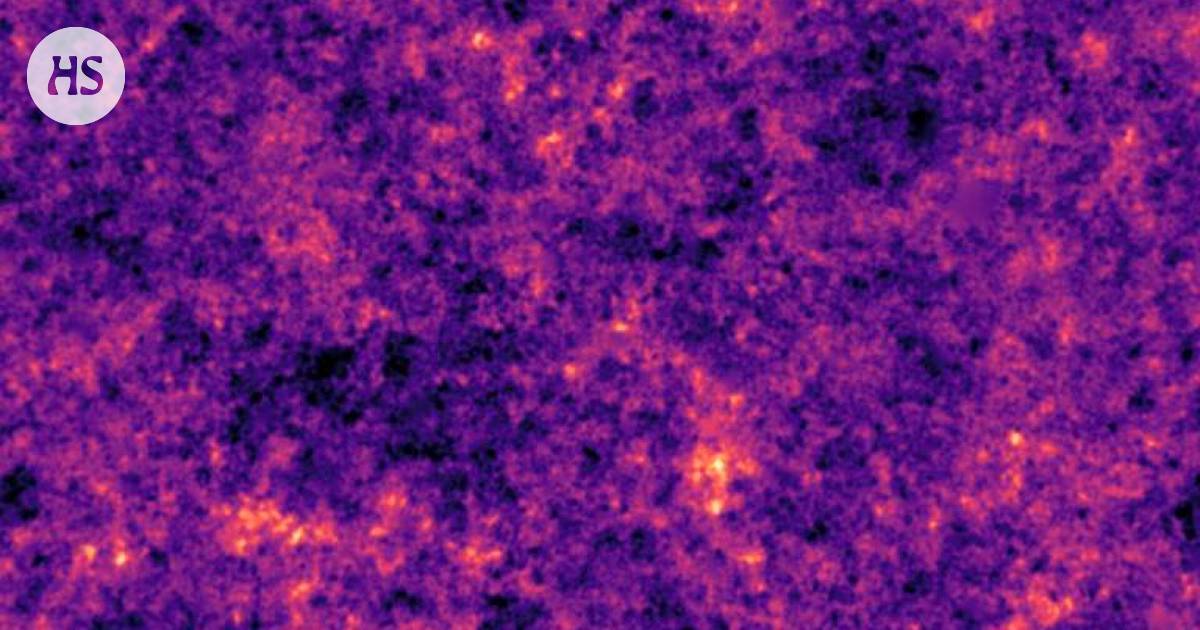A new theory proposed by researcher Rajendra Gupta challenges the need for dark matter in explaining the phenomena of the universe. Gupta’s model suggests that natural forces in the universe weaken over time, offering an alternative explanation for the expansion of the universe and other cosmological phenomena without the need for dark energy.
In contrast to prevailing cosmological theories that rely on unchanged constants of the universe, Gupta aims to address discrepancies in the standard model of cosmology, such as the seeming rapid growth of early galaxies after the Big Bang. He suggests that by considering an older universe with changing natural constants, the need for dark matter diminishes.
The concept of “tired light” first proposed by Swiss astrophysicist Fritz Zwicky in the 1920s is revisited in Gupta’s theory, suggesting that the redshift of light from distant objects could be due to the gradual loss of energy as light travels through space. While this challenges the prevailing dark matter hypothesis, some physicists like Matti Heikinheimo remain skeptical and point out that alternative theories often focus on specific observations while ignoring others that support the existence of dark matter.
Despite this, dark matter is believed to be responsible for holding galaxies and clusters together, as visible matter alone cannot account for their movements. Recent decades have seen dark matter play a crucial role in cosmology, with prevailing theories suggesting that there is much more dark matter than ordinary matter in the universe. However, its elusive nature has made its detection challenging.



